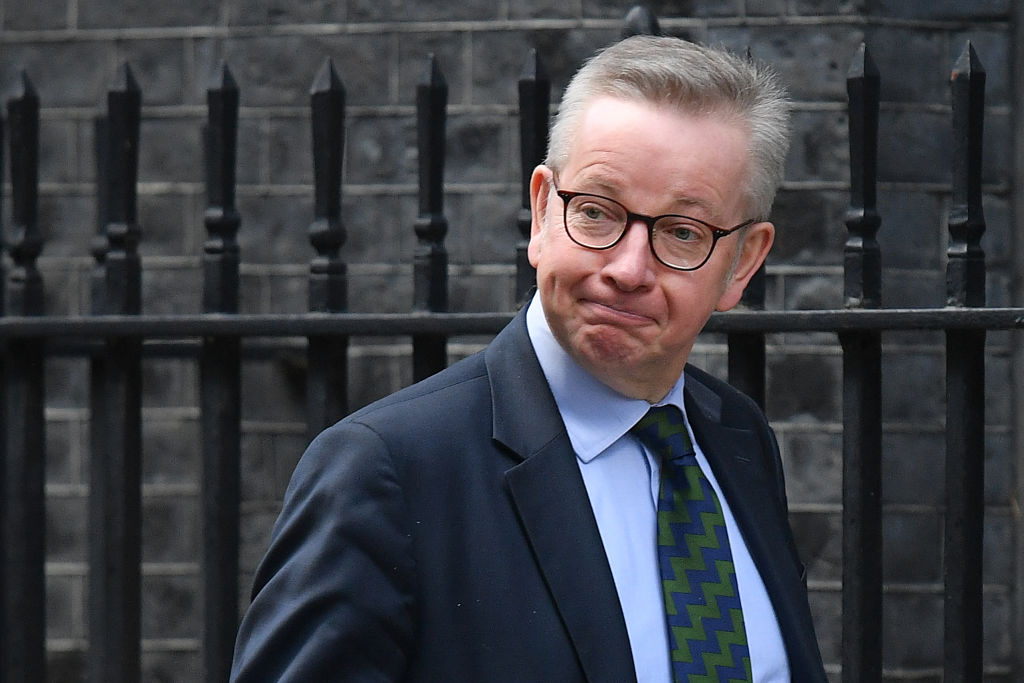When this crisis is over, reform of Whitehall is going to become a major issue again – as the government’s command paper yesterday acknowledged. Any government reform is going to have to be driven by the Cabinet Office which has today announced an intriguing set of new non-executive directors.
The four new appointments are Bernard Hogan-Howe, the former Metropolitan Police commissioner; Henry De Zoete, who worked with Michael Gove and Dominic Cummings at the Department for Education before winning Dragon’s Den and setting up an energy switching service; Gisela Stuart, the former Labour MP and co-chair of Vote Leave; and Simone Finn, a Tory peer who was the coalition’s adviser on trade union matters.
All four are close to Michael Gove and all but Hogan-Howe have worked with him before – which will, inevitably, lead to objections from some. Others will complain about a Vote Leave takeover; two of the four worked on that campaign. But all are impatient reformers. Crucially they all have prior knowledge of the system’s strengths and weaknesses. Stuart was a minister under Blair, De Zoete was part of the team that brought in free schools and Finn was Francis Maude’s adviser on civil service and procurement reform. Gove and the department’s new permanent secretary Alex Chisholm have deliberately created a rod for their own backs with these appointments.
Even before coronavirus this government’s agenda was ambitious, unrealistically so in the view of many in Whitehall. It is now even larger: the creation of a new public health infrastructure has been added to Brexit, levelling up and net zero as key government objectives. It is hard to see how this agenda can be delivered without significant changes to the way that government operates. But that kind of reform is something that no government has managed to satisfactorily deliver in decades. The success of this government will depend on its ability to achieve what others could not.







Comments